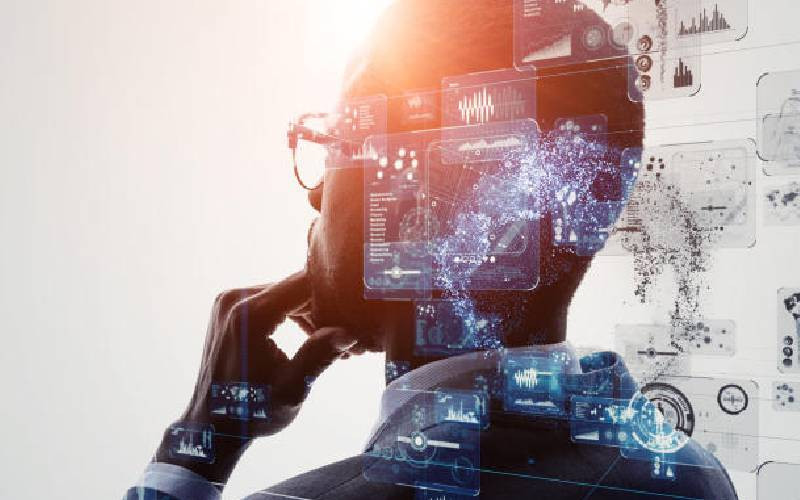×
The Standard e-Paper
Home To Bold Columnists

The World Economic Forum's (WEF) Future of Jobs Report of October 2020 indicated that machines with artificial intelligence (AI) would replace nearly 85 million jobs by 2025.
While doing so, however, AI would create 97 million jobs by the same year. The net impact, therefore, is an increase in jobs created.